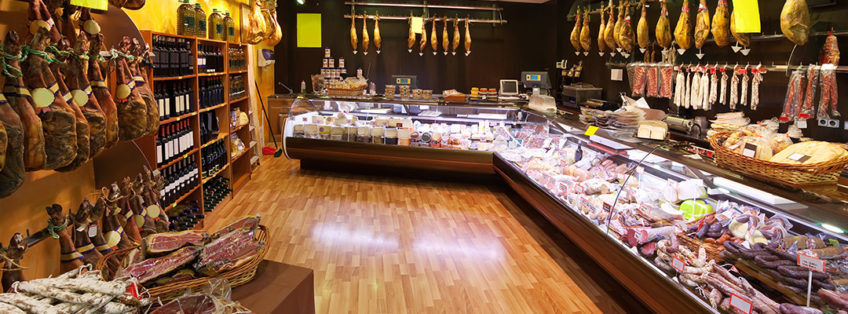Brazilian meat crisis? Or an example of bad PR?
On 17 March, an investigation of 3 meatpacking units/plants in the Brazilian southern state of Paraná sent the world’s food industry on alert: are all meats from Brazil tainted?
The investigation concerned the allegations that these meatpacking facilities used rotten meat and/or violated regulations in preparation of processed foods.
Only those in the industry will be truly aware of what this news represented to the worldwide food supply chain. But for those unaware that Brazil is the world’s biggest red meat and poultry exporter (selling an astronomical £11bn each year, of which circa £311m to the UK in 2016), this news may be perceived as just another bad publicity for a country which for the past 2 years has been struggling with a recession. They will also be unaware that about 80% of the chicken consumed in South Korea comes from Brazil; that countries like Saudi Arabia and Egypt are major buyers of Brazilian meat; and that the European Union is the main importer of Brazilian meat after China and Hong Kong.
The aftermath of the breaking news was exactly what one would expect: bans and restrictions of Brazilian meat by all those countries above (to include Chile); the Brazilian authorities enhanced their investigation (which now concerns 21 meatpacking plants); and a 22% drop in weekly average exports of pork and poultry.
However, on 25 March, China, Chile and Egypt lifted their general bans on Brazilian meat (and Hong Kong on 28 March), although maintaining the ban for produce originating from those 21 plants pending investigation. This was a result of the Brazilian government’s efforts of transparency and explanation of the so called “Brazilian meat scandal” and a true testament to the country’s sanitary controls (one of the toughest in the world).
Perhaps if the same authorities had acted just as quickly before the news broke out they could have avoided yet another bad publicity for the country. Instead, they reacted in carrying out measures to reassure the world market that those incidents were isolated cases.
The reality is that since 2015 the EU has not found any irregularities in the Brazilian meat it imports from that country. Despite this, it appears that the EU Health and Food Commission will visit Brazil this week to hold emergency meetings before it is decided what measures it will adopt (if any) in the current circumstances. If a ban or restriction is confirmed, this may be good news to local producers.
At the time of writing the Brazilian press announced that Brazil’s Agriculture Minister confirmed that they investigated 174 samples from those 21 meatpacking facilities and that so far they have found nothing that would put consumers at risk. Whilst this is good news to consumers worldwide, only time will tell how much more damaging this ‘scandal’ is to the Brazilian economy.
Luiz Costa is Head of Brazil Desk at Healys LLP and has a growing practice in agribusiness and international law. He is also a member of the International Relations Committee of the São Paulo section of the Brazilian Bar. luiz.costa@healys.old-website.shout-loud.co.uk Tel: +44 207 822 4000

